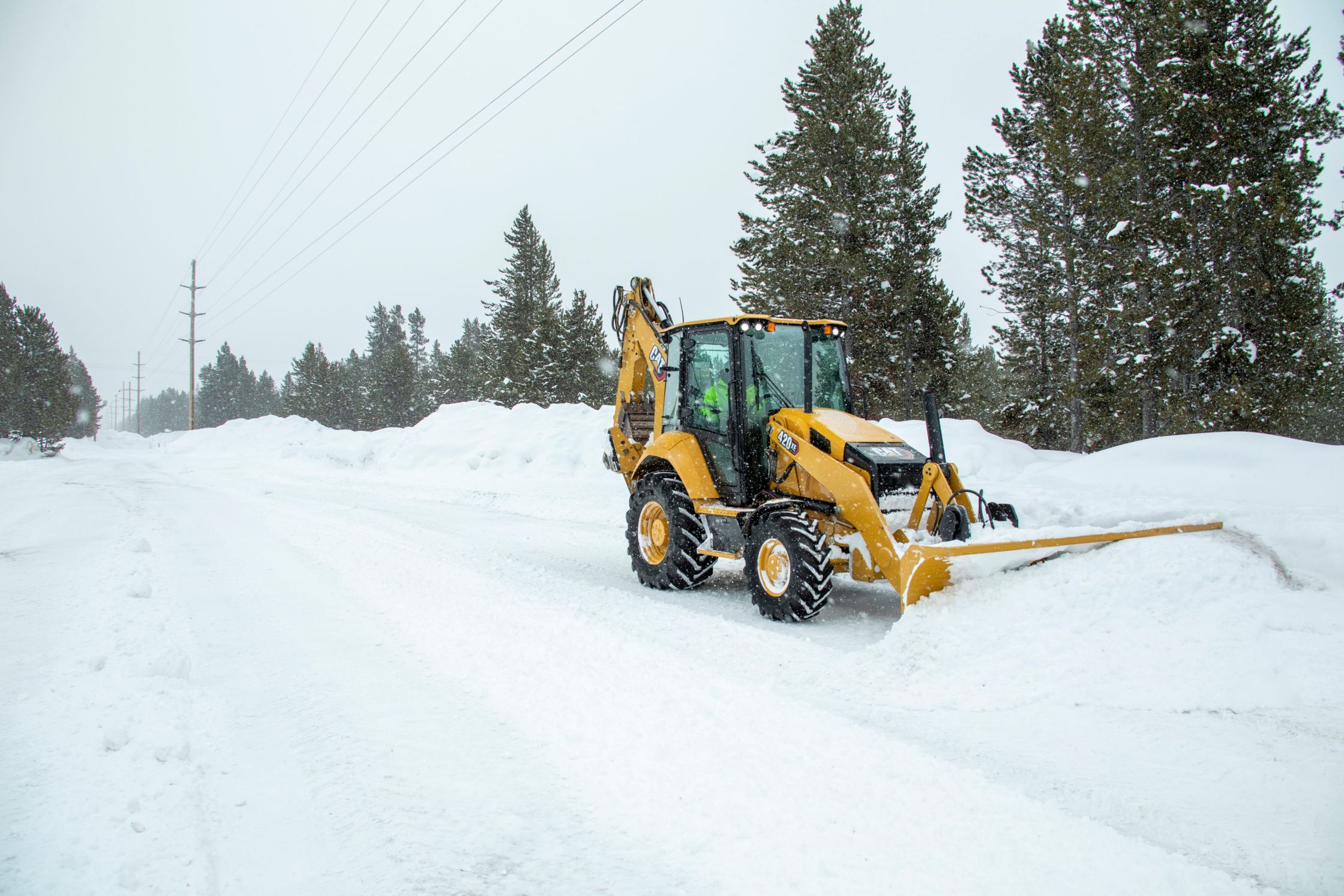

Sign In
Welcome! Sign In to personalize your Cat.com experience
If you already have an existing account with another Cat App, you can use the same account to sign in here
Register Now
One Account. All of Cat.
Your Caterpillar account is the single account you use to log in to select services and applications we offer. Shop for parts and machines online, manage your fleet, go mobile, and more.
Account Information
Site Settings
Security
Author: Small Business Expert | December 8, 2020 | Topic: Used Equipment
6 Tips for Winterizing Your Heavy Equipment
When the temperatures start dropping, you need to winterize your heavy equipment. Winter temperatures can wreak havoc on the toughest machines, and preparation helps you avoid the downtime, unnecessary costs and safety hazards associated with performance loss and equipment failure. Our guide to winterizing your heavy equipment will make sure you're ready to get to work.
How to Winterize Your Construction Equipment
In the wintertime, maintenance is something that you need to think about every day. It adds a little more to the workload, but the payoff is worth it in the productivity and peace of mind you get when you take care of your machines. If you want to make sure your fleet is ready, here are six tips to prepare your heavy equipment for winter.
1. Take Care of Your Fluids
Heavy equipment requires fluids with the right viscosity levels to handle the cold. Before winter hits, drain your engine, transmission, final drive and hydraulic fluids. Replace them with products made with the right composition. Monitor your fluids daily and keep them filled.
2. Watch Your Fuel Levels
Fuel is also something you need to keep an eye on during the winter. A tank with a low fuel level can freeze overnight, leaving you stuck until the temperatures warm up. Make sure to fill your tank at the end of each workday to help avoid trouble the next time you try to start up.
3. Charge Your Batteries
The colder your engine gets, the more cranking amps it needs to start. Be prepared by keeping your batteries charged. If they are nearing the end of their lifespan, now is an excellent time to replace them. For added benefit, remove them at night and store them indoors.
4. Store Your Equipment Indoors
If at all possible, bring your equipment inside at night — even if all you have is a temporary shelter built on the job site. Winter storms can bury your machine under loads of snow, making it harder to start and damaging the exterior. You'll also have to dig it out to get to work.
5. Use Block Heaters
On a cold morning, and especially with equipment stored outdoors, starting the engine can prove to be the day's biggest challenge. When you use a block heater to warm it and the fluids up beforehand, you can make sure yours turns over faster so you can get moving.
6. Let the Equipment Get Warm
Running your equipment up before you put it into gear will help reduce wear and avoid damage. After starting your machine, let it warm up until the engine reaches the ideal temperature. You should also cycle your functions before doing any heavy lifting.
Talk to Your Local Dealer for Assistance
If you're going to use your equipment this winter, it's best to plan early. Planning allows enough time to perform all the necessary steps or schedule professional winterizing service through your local Cat® dealer.
Are you thinking about adding used heavy equipment to your fleet? Browse used Cat machinery today to view what our dealers have on hand. If you don't see what you need, you can sign up for email alerts at the top of the search page to get notified whenever something that matches your specifications becomes available.
